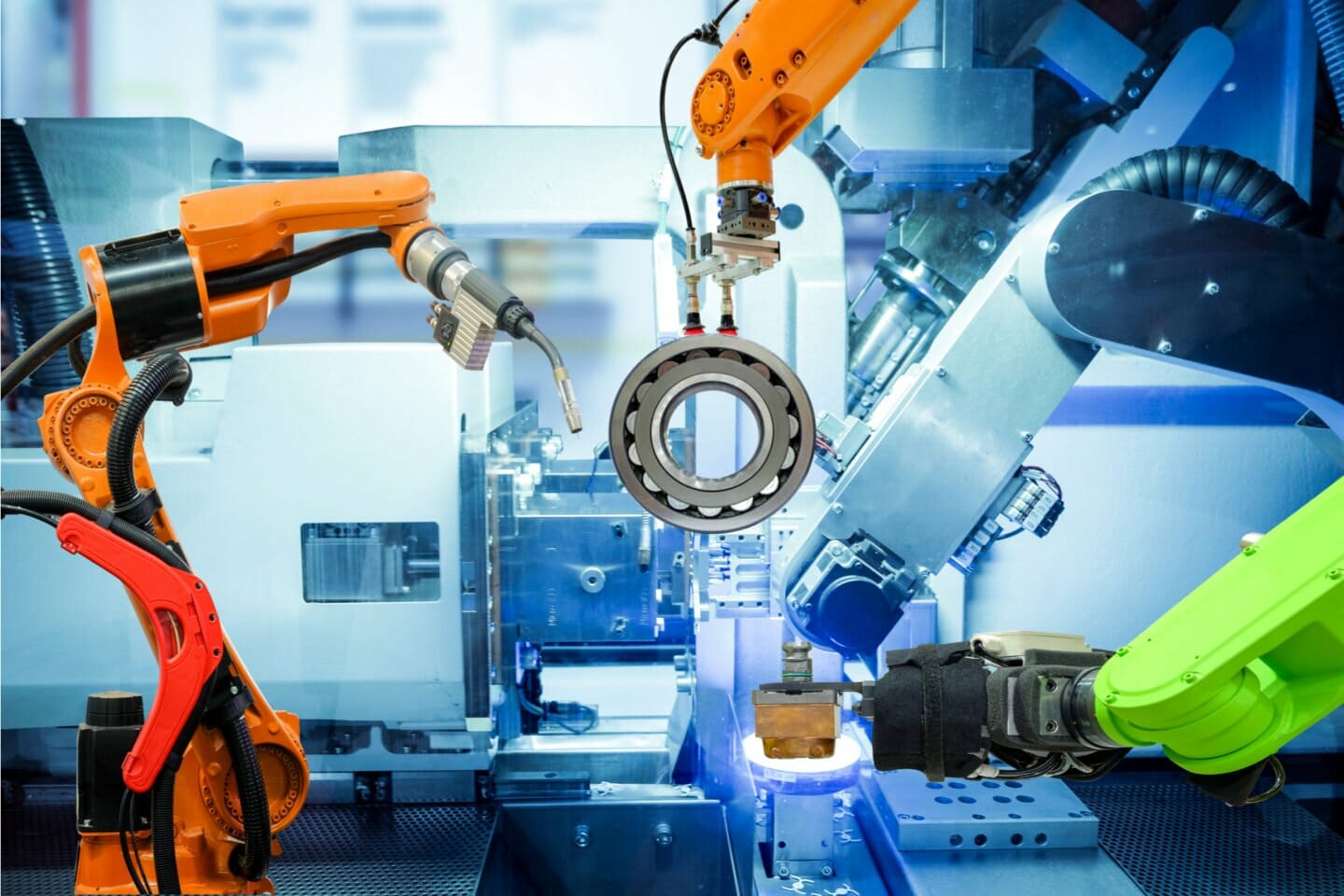What Activities Are Industrial Robots Good atToday? – 2020

For decades, the debate around industrial robots and automation has always been about their impact on the labor environment. An interesting discussion but quite futile given the direction taken my big and small manufacturers in recent years- more automation. How about we discuss some of the things industrial robots are really good at?
Robots Vs. Humans- Is There A Middle Ground?
Understanding what robots excel in is important in more ways than one and to both sides of the debate around robotics and the so-calledrobot takeover. For one, we will get to appreciate why it’s a bad idea to continue having humans handle certain tasks, like say handling toxic waste. Secondly, it will helpus to know where the human fits in for future work, especially now that we are in the age of collaborative robots.
With this in mind, here are some of the activities that industrial robots do quite well today; better than humans in every possible way:
- Working Long Shifts – Repetitive Work
Let’s face it; noone likes fixing bottle tops or lifting the same items for eighteen hours a day. Such jobs often lead to serious fatigue, boredom, and health conditions that can be costly in the long run. However, this undeniablefact is often overlooked when discussions about industrial robots and job losses are concerned.
Industrial robots are really good at doing the jobs that we all hate and would struggle to do. In Factories, one of these robots could be on a continuous robotic machine tending shift for days and weeks on end, doing the same thing, over and over again. By doing this, they allow humans to do other interesting jobs such as playing prefect over the robots and also going for lunch and convenience breaks throughout the day. - Handling Toxic, Undesirable Material- Dangerous Tasks
The thought of handling nuclear waste, hard chemicals, sharp/hot metals is enough to give people nightmares about cancer, bodily harm, and endless pain. Well, robots don’t mind toxic waste or fast-moving metals. Before they showed up, having a factory job was a high-risk job, and serious injuries were quite common.
Fast forward to today, and industrial robots silently take care of the dangerous tasks behind fences letting humans do what is safe- quality control, design, and punching keyboards—an acceptable trade-off if you ask any factory worker from the 17th century. - Touchy-Feely- Robots Are Good at Sensing
Too much competition and high expectations mean everyone wants a perfect or near-perfect end product. No one wants a car with a tiny blemish on the paint job or a dent in the dashboard; it has to be perfect. With this realization, manufacturers have fitted millions of sensors on their robots so they can do extreme “touchy-feely” sensing and make sure everything is perfect.
While humans prefer to say “to err is human,”robots maylaugh this off as perfection is their life purpose. A weird comparison, but you get the point; robots excel at producing perfect or near-perfect productsthrough extreme sensing and consistency. Perhaps, this is one of the biggest advantages they have over human workers. - Robots Don’t Forget- Good Memory
Industrial robots need only to be programmed once, and they will remember what they need to do for as long as they are in good working condition. Compare this to humans who either forget and have to be reminded or have selective memory, aka lying. Robots excel at factory jobs because they can record instructions well and apply them consistently.
Additionally, modern industrial robots equipped with intelligent control units can learn new things and use historical information to improve their knowledge. This allows for constant process optimization, product improvements, energy savings, and innovation. Yes, humans can learn toobut they quickly forget or choose to forget. - Robots Are Good atFocusing
There is no such thing as a distraction in the robot’s mind. While humans get easily distracted by something in their environment, robots will continue doing what they are doing regardless of changes in their environment. A loud siren, smell of food, a loud bang, nothing, they just keep humming on and doing what they do best- making stuff.
All in all, robots have their place in the industrial space. They may not have some of the emotions or stylistic instincts that human workers posses, but they are equallygood at what they do. Perhaps it’s time for humans to find new ways to stay productive and use their abilities.







